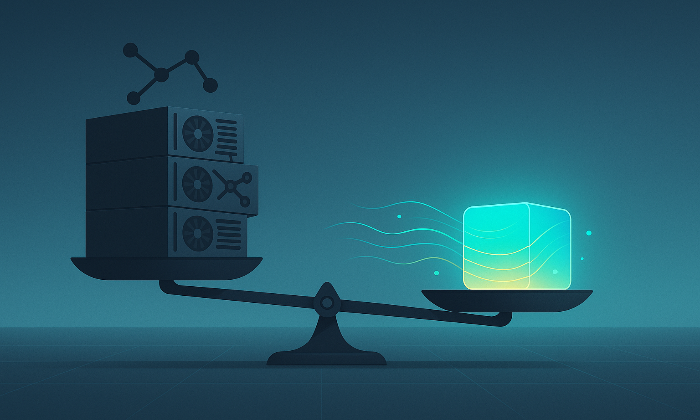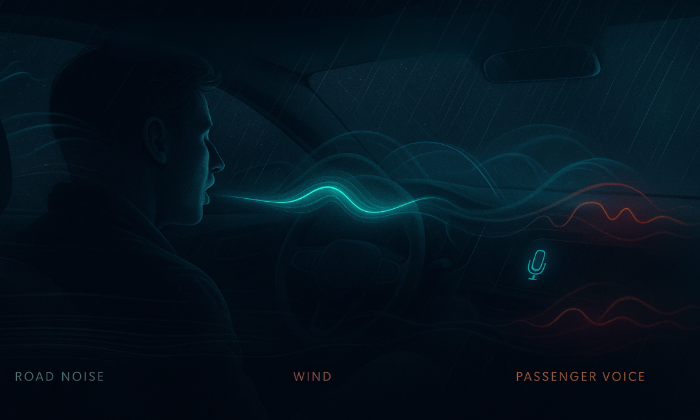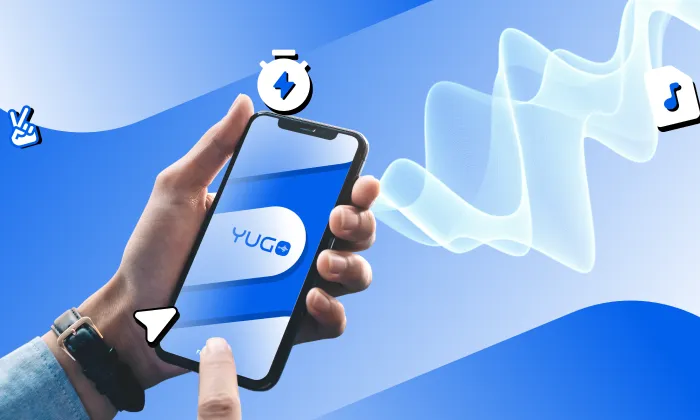Can I request full ownership of a custom voice cloning dataset?
Voice Cloning
Legal Considerations
Speech AI
Requesting full ownership of a custom voice cloning dataset involves navigating complex aspects of data rights, ethical considerations, and legal compliance. Let's break down what full ownership entails and why it matters, using real-world insights to guide the process.
Understanding Voice Cloning Datasets
Voice cloning datasets are collections of audio recordings meticulously gathered to train AI systems capable of replicating human speech. These datasets typically include diverse samples from multiple speakers, recorded under specific conditions to ensure high quality. The goal is to enable AI systems to generate expressive and natural-sounding speech.
Navigating Ownership and Rights in Voice Cloning Datasets
What Does Full Ownership Entail?
Requesting full ownership grants you complete control over the dataset’s usage, distribution, and potential monetization. This means you can modify, share, or license the dataset freely. However, achieving full ownership requires negotiating rights with multiple parties:
- Speakers: Individuals providing their voices must give explicit consent for the use of their recordings, especially since voice cloning involves replicating personal speech.
- Data Providers: Companies like FutureBeeAI, which compile and distribute these datasets, have their terms for usage rights. It's essential to understand and negotiate these terms to secure full ownership.
The Significance of Ownership in Voice Cloning
Control Over Data Use
Owning a voice cloning dataset allows you to adapt it for various applications:
- Custom Speech Applications: Tailor the dataset for specific tasks like virtual assistants or gaming.
- Commercial Exploitation: Explore business models that may involve licensing the dataset or using it in proprietary software.
Ethical and Legal Considerations
Full ownership also means navigating the legal landscape of data usage:
- GDPR Compliance: Ensure all data collection aligns with data protection regulations.
- Consent Management: Maintain meticulous records of speaker consent, as they retain rights to their voice.
How to Secure Ownership
Steps to Take
- Clarify Your Needs: Clearly articulate the intended use to providers and contributors to structure the ownership agreement effectively.
- Engage with Stakeholders: Collaborate with voice contributors and dataset providers to establish mutual rights and responsibilities.
- Draft Comprehensive Agreements: Address all aspects like royalties, voice usage rights, and data management responsibilities in contracts.
Challenges and Trade-offs
- Cost: Acquiring full ownership can be costly due to the need for obtaining consent and negotiating rights.
- Responsibility: Ownership brings the responsibility of managing the dataset ethically and legally, ensuring compliance with regulations.
Typical Challenges in Securing Dataset Ownership
- Neglecting Consent: Failing to secure proper consent can lead to legal and ethical issues.
- Overlooking Compliance: Not incorporating legal compliance can expose organizations to regulatory challenges.
- Underestimating Value: Some teams undervalue the dataset, leading to inadequate negotiation strategies.
Key Takeaways
- Control over Data Use: Ownership allows full adaptation for various applications.
- Ethical Standards: Always navigate legal landscapes and maintain compliance.
- Effective Negotiation: Engage stakeholders and clarify needs for successful agreements.
Strategic Next Steps
For businesses looking to leverage voice cloning technology, partnering with FutureBeeAI ensures access to high-quality, ethically sourced datasets. Our structured, compliant data pipelines and expertise in data aggregation make us an ideal partner for your AI data needs. Reach out to us for a consultation to explore your specific project requirements and how we can assist in delivering tailored datasets efficiently.
FAQs
Q. Can I use a voice cloning dataset for commercial purposes?
A. Yes, but ensure full ownership and clear consent from all contributors to comply with legal and ethical standards.
Q. What happens if a voice contributor revokes their consent?
A. You must cease using their voice samples, and the dataset may need adjustments to remain compliant.
What Else Do People Ask?
Related AI Articles
Browse Matching Datasets
Acquiring high-quality AI datasets has never been easier!!!
Get in touch with our AI data expert now!








